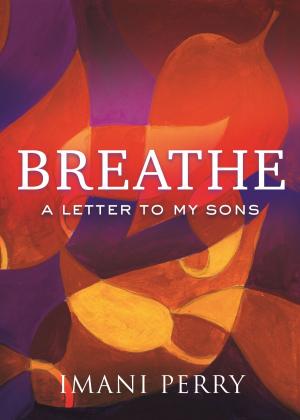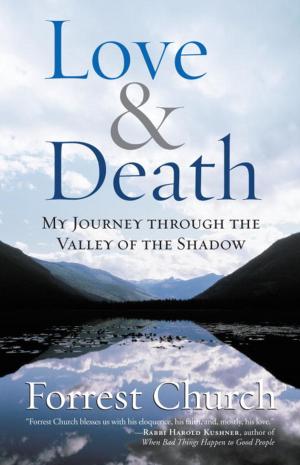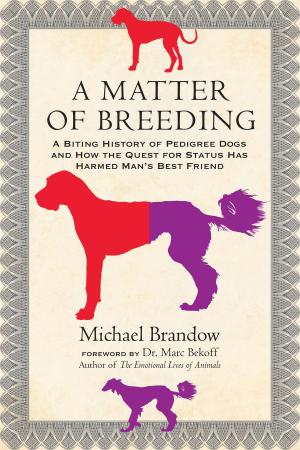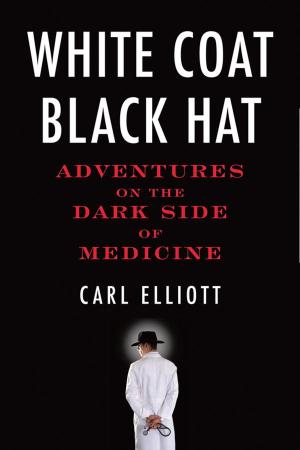Living with Loss, Healing with Hope
A Jewish Perspective
Nonfiction, Religion & Spirituality, Judaism, Beliefs, Practices, & Rituals, Health & Well Being, Self Help, Mental Health, Death, Grief, Bereavement, Family & Relationships, Family Relationships, Death/Grief/Bereavement| Author: | Earl A. Grollman | ISBN: | 9780807095645 |
| Publisher: | Beacon Press | Publication: | December 1, 2015 |
| Imprint: | Beacon Press | Language: | English |
| Author: | Earl A. Grollman |
| ISBN: | 9780807095645 |
| Publisher: | Beacon Press |
| Publication: | December 1, 2015 |
| Imprint: | Beacon Press |
| Language: | English |
Earl Grollman's Living When a Loved One Has Died has brought comfort to more than 250,000 readers. In Living with Loss, Healing with Hope, Grollman speaks directly to mourners of the Jewish faith. By weaving quotations from Jewish writers and philosophers into his comforting and expert prose, Grollman guides readers through the journey of mourning, healing, and hope.
A colleague of Grollman's once told him, "Earl, I am not a member of your faith, but if I wanted the soundest emotional and spiritual approach to death, I would be a Jew." Occasionally quoting from sacred texts as well as Jewish writers and philosophers, Living with Loss, Healing with Hope illuminates Judaism's powerful recognition of the trauma of grief and of the mourner's responsibility eventually to return to the rhythm of life. In a brief final section, the author guides readers through Jewish funeral observances, Shiva, and beyond, and reminds all that these symbolic customs are 'about change-remembrance, letting go, and moving on.'
Earl Grollman's Living When a Loved One Has Died has brought comfort to more than 250,000 readers. In Living with Loss, Healing with Hope, Grollman speaks directly to mourners of the Jewish faith. By weaving quotations from Jewish writers and philosophers into his comforting and expert prose, Grollman guides readers through the journey of mourning, healing, and hope.
A colleague of Grollman's once told him, "Earl, I am not a member of your faith, but if I wanted the soundest emotional and spiritual approach to death, I would be a Jew." Occasionally quoting from sacred texts as well as Jewish writers and philosophers, Living with Loss, Healing with Hope illuminates Judaism's powerful recognition of the trauma of grief and of the mourner's responsibility eventually to return to the rhythm of life. In a brief final section, the author guides readers through Jewish funeral observances, Shiva, and beyond, and reminds all that these symbolic customs are 'about change-remembrance, letting go, and moving on.'















